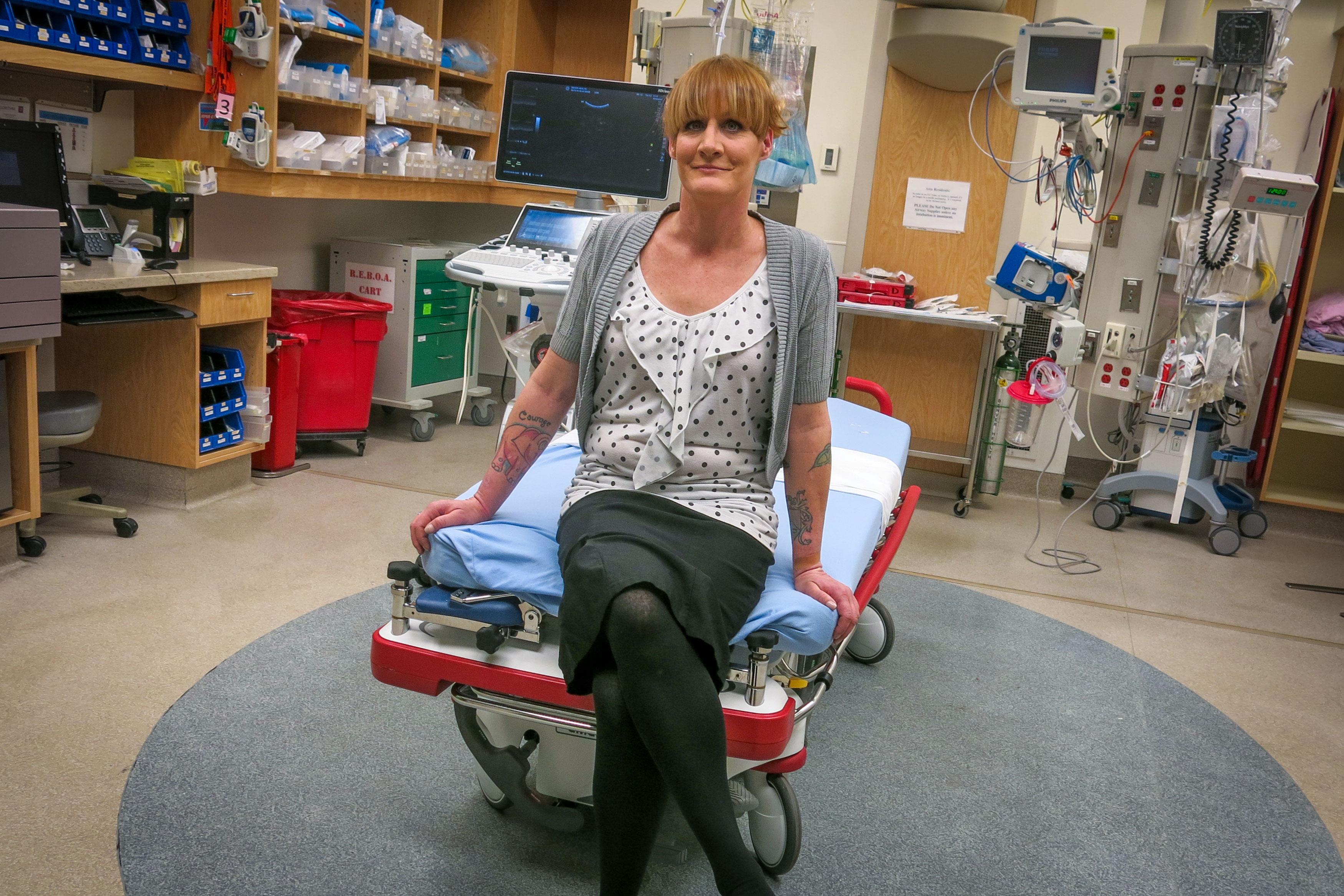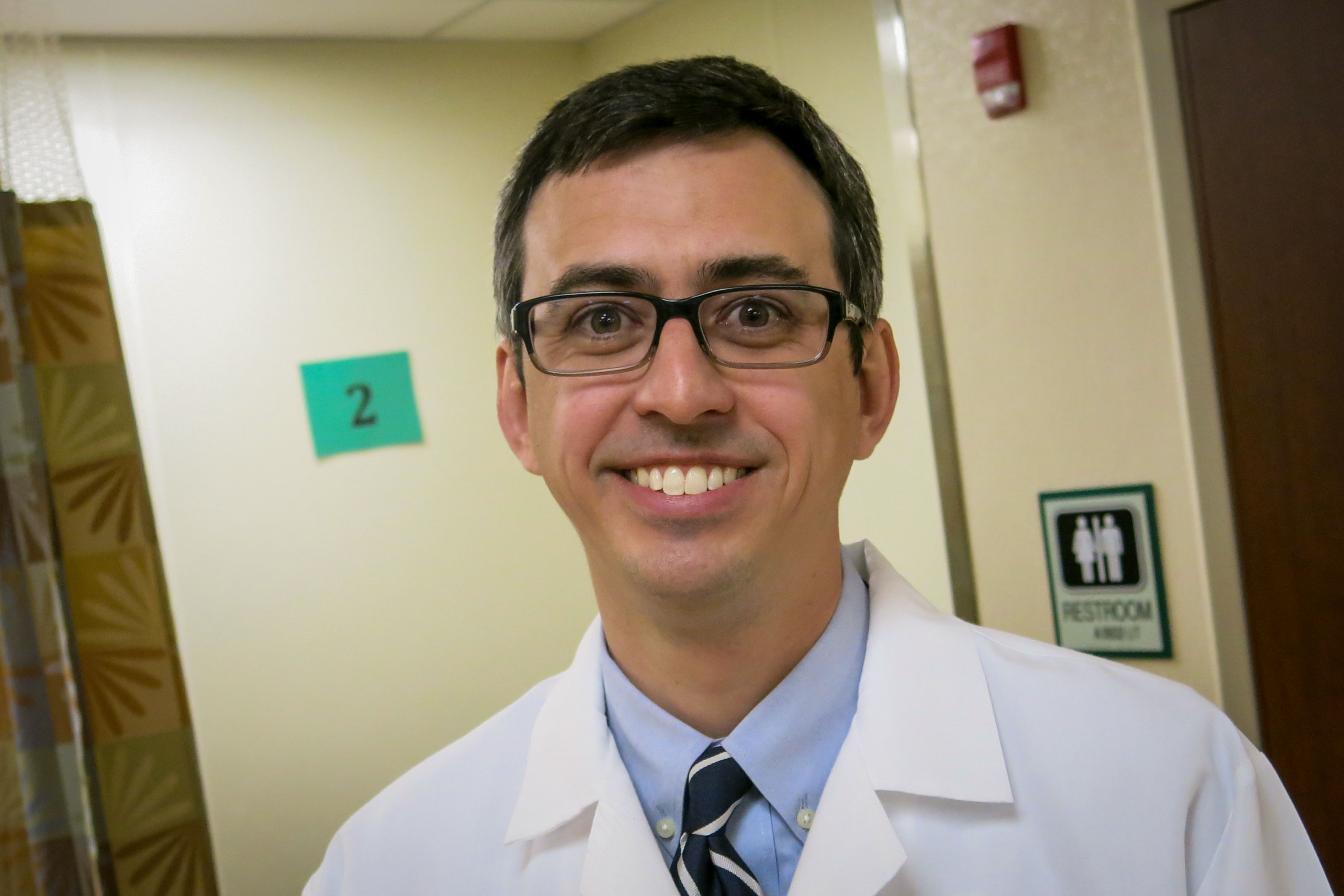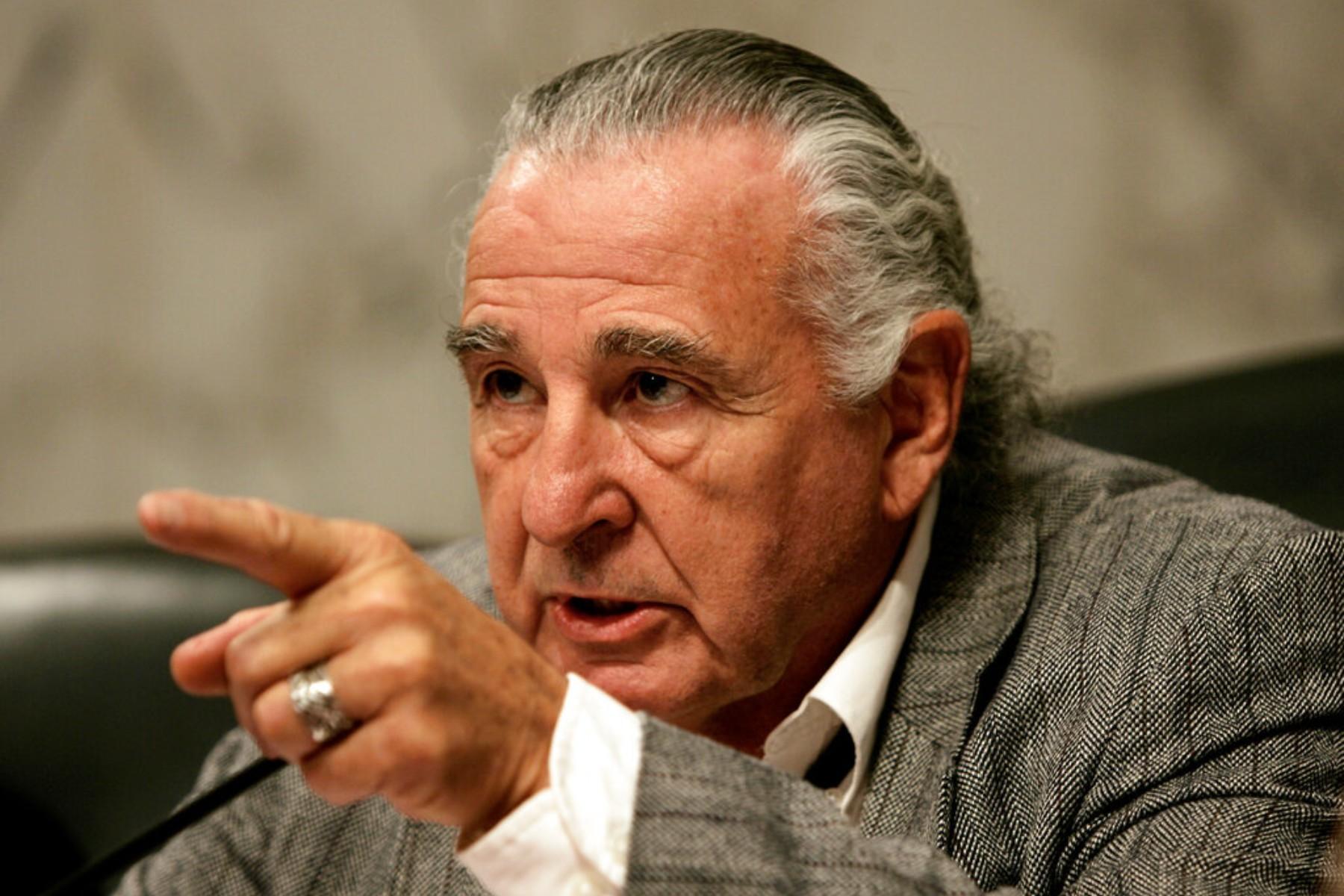

Heroin addiction sent Veronica Oberg into a tailspin. She can easily name two turning points in that story. The first was a car accident six years ago when she lived and worked in Salt Lake City.
“I was sitting at a red light and got rear-ended by two vehicles and I broke my back or herniated it in five places,” Oberg said.
Not long after, she “got addicted to opiates.” It started with painkillers which later led to heroin. A doctor she worked for filled her prescriptions; later he was busted for running a pill mill. Oberg said she “lost everything in a matter of two months after starting heroin.” Unemployed, she bounced around the country and ended up on the streets of Denver.
The second turning point came in a bathroom at Denver’s Central Library, an increasingly common spot for overdoses. Paramedics used naloxone, or Narcan, to bring Oberg back. They took her to the ER “and, it saved my life,” she said.
The “it” in this case was Denver Health and a new pilot program.
Denver Health has one of the few emergency departments in the country that treats patients with buprenorphine, a drug that relieves symptoms of withdrawal and helps them on the way to recovery.
In the new program, licensed therapists do a “biopsychosocial assessment” to determine if the patient is ready to start regular buprenorphine treatment that same day. Before they leave the hospital, they’re referred to an opioid treatment clinic. There they continue treatment and psychotherapy along with assistance from doctors in managing medications.
The program is the first medically-assisted opioid treatment program to provide services on demand in Denver. Similar programs have popped up around the country.
Jennifer Naeger, a licensed clinical social and team leader for the Treatment on Demand project said a patient who wants it can get immediate care and basically begin a transition to rehab.
“If they’re in withdrawal they can start medication same day,” Naeger said. “We’re paged within an hour. One of the behavioral health providers, one of the licensed therapists, meets with a patient and connects them to next day care.”

Naeger was at Denver Health the day Veronica Oberg was brought in. In the past, a patient like Oberg who came in with withdrawal would be treated for their most serious symptoms, then get a referral for a later visit to an outpatient drug treatment clinic at another location. That process could take as long as three weeks.
“I think most would slip through the cracks,” she said. “I mean, they were big cracks.”
Before licensed therapists joined the ER, patients referred to treatment clinics would show up the next day only about 60 percent of the time. Dr. Scott Simpson, medical director for Psychiatric Emergency Services, said patient show-up rates for treatment next day through the new program are now much higher: 76 percent. So far, more than 100 patients have taken part.
“At the heart of the disease of addiction is ambivalence,” Simpson said. “People struggle with whether or not they want to be sober, whether they want to keep using. So, when people even begin contemplating a change, we need to be ready to catch them and help them make that change.”

Denver committed $430,000 in this year’s budget to pay for the program’s on-call licensed therapists. It’s all part of the city’s new strategic opioid response plan. Denver Health CEO Robin Wittenstein said a variety of entities have pulled together to develop a community-wide response that will save lives.
“Being able to get people into treatment so you don’t overdose and you don’t die is really the solution and that’s what this program is going to give people,” Wittenstein said.
Drug overdose prevention advocate Lisa Raville, executive director of the Harm Reduction Action Center, agrees.
“We’re really excited that Denver Health has made this a priority.”
One advantage to the new approach, she said, is that those who seek help at Denver Health can get it and avoid any potential stigma and shame they might face at a smaller clinic. “You could be in there [at Denver Health] for a variety of reasons for health care needs, so the anonymity for folks is helpful,” Raville said.
The program launched at a critical time, as the opioid crisis shows no signs of relenting. Last year, more than 100 people in Denver died of an opioid overdose. Denver Health’s emergency department treated more than 900 patients who had overdosed or were in withdrawal.
Veronica Oberg marvels at how much treatment on demand helped her. She came to the clinic and now she’s been sober for more than 100 days.
“I think it’s awesome, like I’m looking around in this room, they’re making it comfortable and the people here seem to care,” Oberg said. “And when you’re an addict on the street, nobody cares. You just feel alone.”
She’s now looking to line up housing and then see if she can find a job. For her, it all happened because she could get help right when she was ready.
To access Denver Health’s Treatment on Demand services, call 303-436-5699. Find out more about Denver Health’s opioid addiction treatment services.









